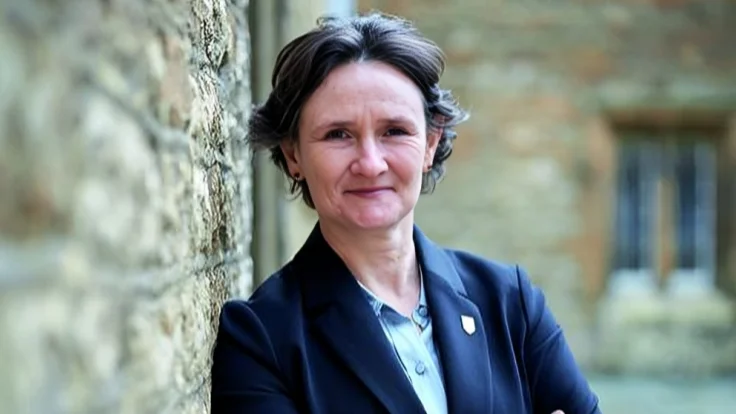A recent study from the University of Oxford recommends that national frameworks for assessing care leavers expand beyond traditional indicators such as homelessness, unemployment, and involvement with the justice system. The research suggests that these narrow metrics do not capture important aspects like emotional well-being, identity, and personal growth.
Dr Nikki Luke, Research Fellow at the Rees Centre in Oxford’s Department of Education and lead researcher on the project, said: "When care leavers are only measured by narrow metrics, their stories get reduced to numbers. This work reframes success around relationships, identity and growth - things that really shape a young person’s future."
The four-year project titled "Success – whose definition counts?" was co-designed with young people who have experienced care and was commissioned by Become, a national charity supporting children in care and young care leavers. Together they created a new "Success Survey" framework focused on what young people value most: stability, community, self-belief, and pride in everyday achievements.
One participant noted: "Success isn’t a destination others impose on us. It’s a journey we define for ourselves." Participants described milestones such as buying household items or decorating their own homes as significant steps toward independence and belonging. Others highlighted personal resilience: "being proud because you’ve been through hell and back and you’re still standing."
The study argues that current data systems prioritize education, employment, and housing outcomes while neglecting the emotional challenges faced by those transitioning out of care. Researchers warn that focusing only on avoiding negative outcomes can cause authorities to miss progress in areas like confidence-building and long-term stability.
The report calls for local authorities and government bodies to use more holistic measures when evaluating support for care leavers. It also emphasizes giving young people greater control over how their stories are told. Among its six recommendations are improving consistency in Pathway Plans, involving care-experienced youth in service design decisions, and investing in practices that allow advisers to build trust-based relationships.
Researchers believe these changes could impact both policy development at the national level and service delivery locally by encouraging broader definitions of success within planning processes.
For further information or republishing inquiries regarding this story, contact [email protected]

